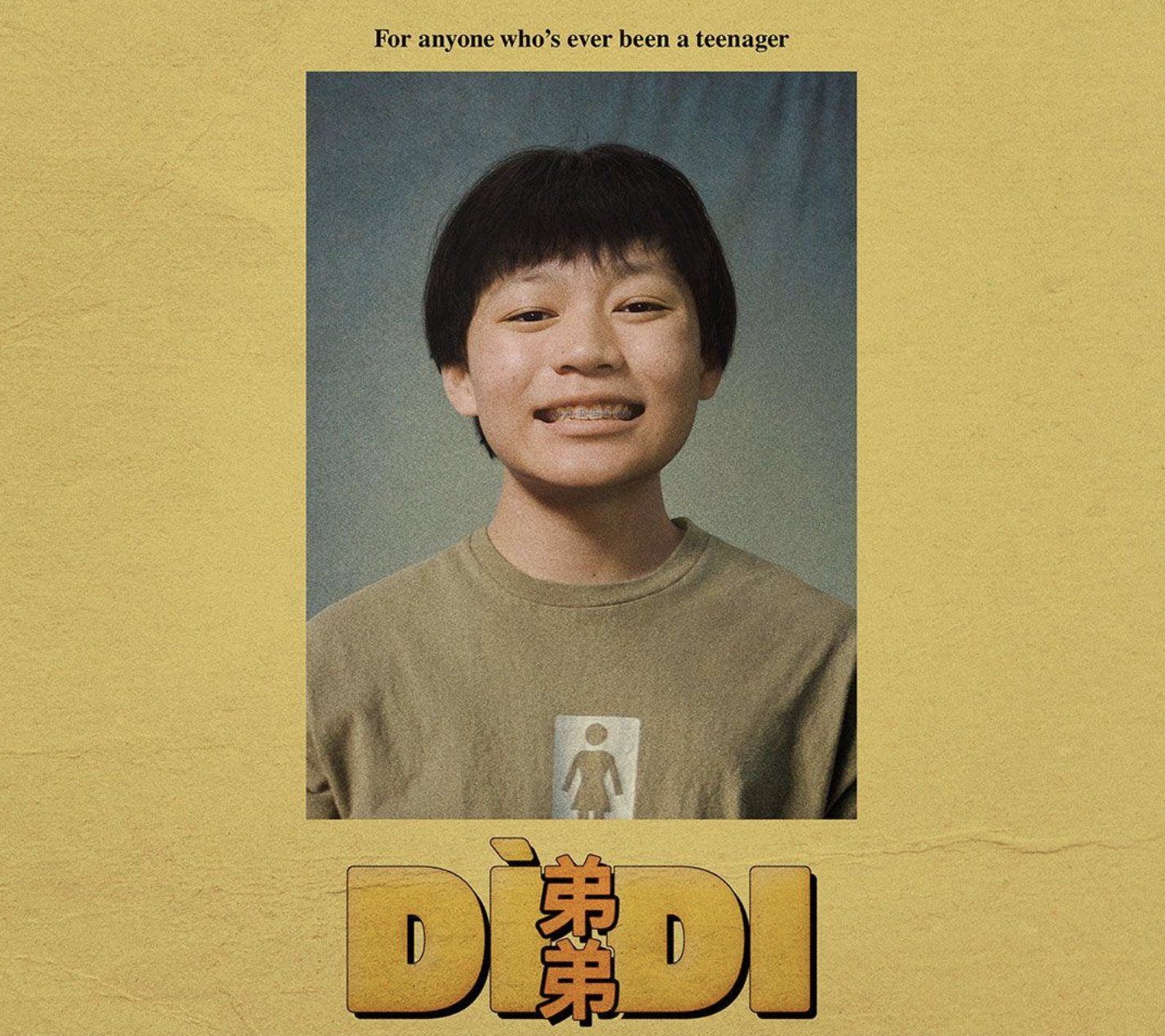
Sean Wang’s first feature, Dìdi, not only won two awards at Sundance including the audience award, but also premiered right when he was nominated for an Oscar for his documentary short Nai Nai & Wài Pó. As I said at the time, while he didn’t win, he was still one of the biggest contenders for his short, a hilarious and heartfelt look at facing old age with dignity. For a feature debut, that’s certainly the kind of publicity money can’t buy, and thankfully, it doesn’t disappoint. A brutally frank yet compelling look at identity and the horrors of teenage life, Dìdi is a top-notch example of a coming of age story.

In 2008, 13-year-old Tawainese-American Chris Wang is referred to by his mother and grandmother as Dìdi (“little brother” in Chinese), and “Wang Wang” by his circle of friends. His older sister is finally going off to college, which means he won’t be fighting with her anymore. It’s the summer before high school begins and Chris is doing what kids his age do: making YouTube videos where people’s mailboxes get blown up, hanging out with friends, and trying to get the attention of the girl he has a crush on. However, it isn’t long before his social life begins hitting a few snags, and Chris desperately tries to find a way to fit in, learning more than a few life lessons in the process.

Dìdi is, for the most part, a standard coming of age story, but it’s a rough one. I remember my screenwriting professor once called Bo Burnham’s Eighth Grade a horror film for its unflinching look at the modern experience of growing up in middle school, and that kind of movie is definitely an inspiration here. Sean doesn’t tone down the edgy cringe of mid-2000s youth in the slightest, and while those who can relate may be laughing, it’ll likely be through closed eyes. Yet while a lot of it’s played for laughs, it’s when it’s not that the film really becomes effective. There’s some devastating moments in this movie that really capture the feeling of adolescent alienation.

That said, what really elevates this movie above others like it is the film’s commentary on identity. Despite his efforts to fit in, Chris gets constant reminders of a sense of otherness, some playful, some definitely less so. Chris’ family life is also given a sense of depth, as his mother, an artist struggling to achieve recognition, feels pressured by the achievements of her friends’ kids, as well her own mother (who is Sean Wang’s actual grandmother, as seen in Nai Nai & Wài Pó). Characters that feel like they’re archetypes eventually change as the story goes on. It’s a movie that uses tropes while surpassing them, in a way that makes it feel fresh.

The movie is set in 2008, but doesn’t indulge in it. It’s not a nostalgia piece, but one that tells it like it was Sure, there are references to shock sites from the era and plenty of MySpace pages, but it feels natural. A lot of the story is told through the characters’ screens: YouTube videos, AOL messenger chats, and social media, and it’s utilized in a way that makes it feel part of the story as opposed to just watching someone’s monitor (more Searching than Unfriended).

Sean Wang isn’t interested in sugarcoating anything, and without giving anything away, I respected the film’s ending. Being a teenager can be hell, and Dìdi combines that knowledge with a story of the immigrant experience that puts it above a lot of coming-of-age movies. It’s a film that feels personal yet accessible. Just be prepared to cringe. A lot.




Leave A Reply